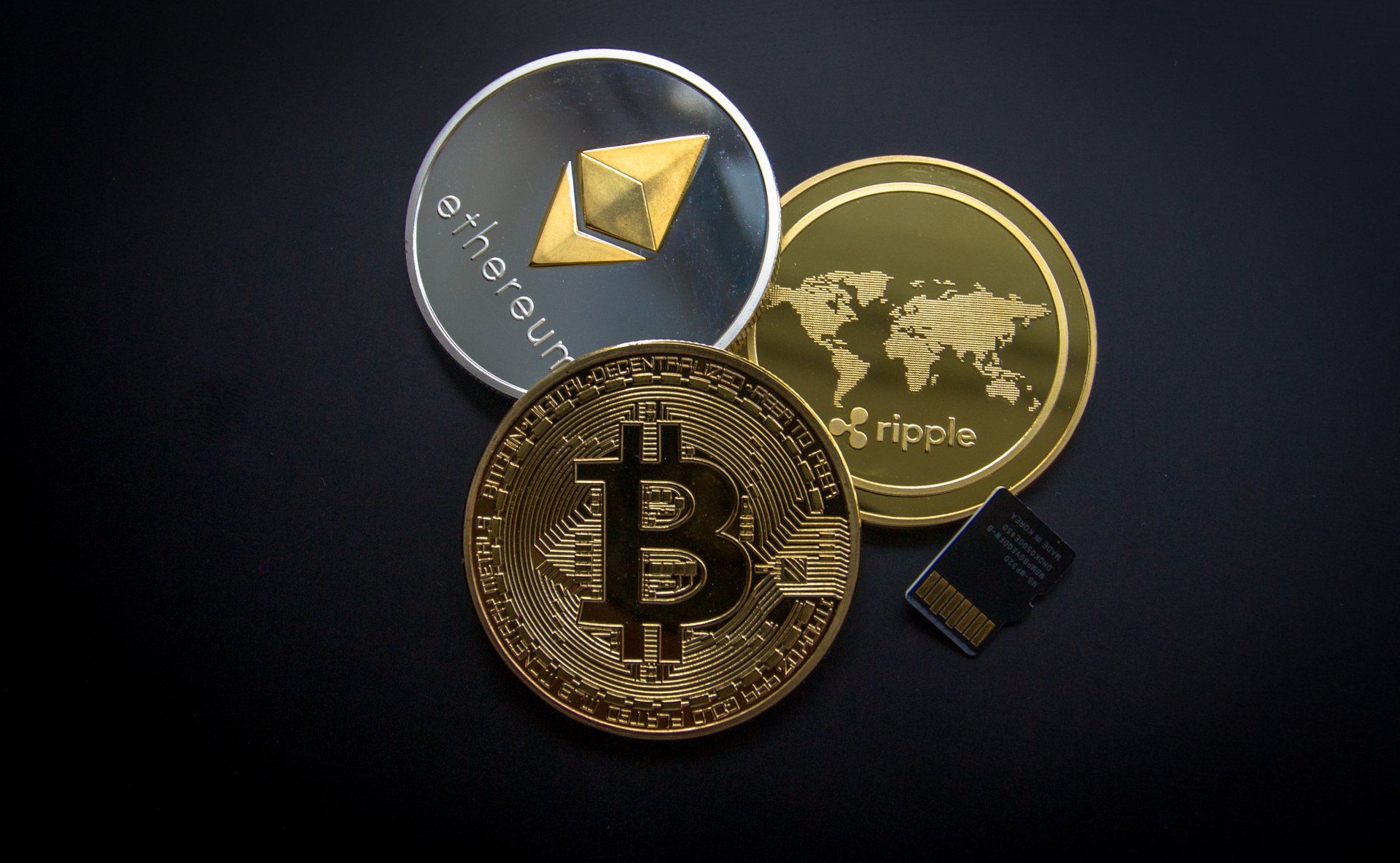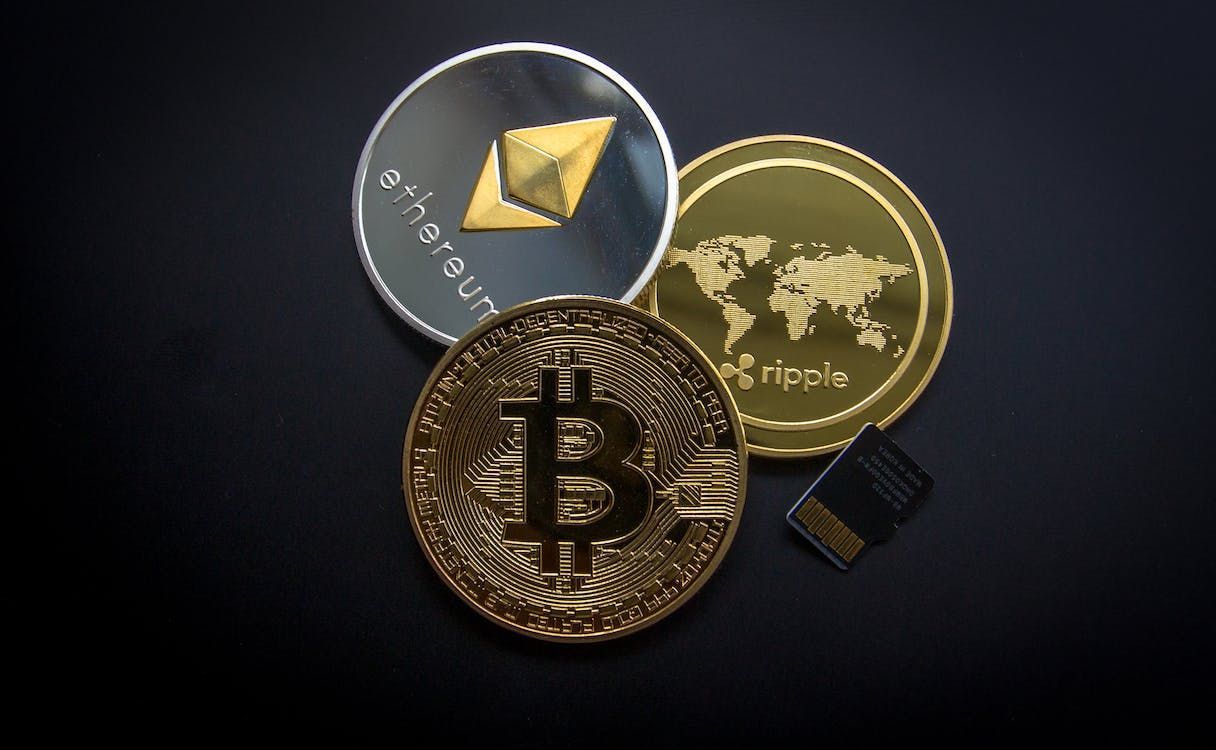Bitcoin Mining 101: A Beginner's Guide to Cryptocurrency Mining
Bitcoin Mining 101: A Beginner's Guide to Cryptocurrency Mining
Bitcoin mining is a vital process that makes the Bitcoin network function. It involves solving complex mathematical equations to verify and add transactions to the blockchain, a digital ledger of all Bitcoin transactions. In this beginner's guide, we'll explore the basics of Bitcoin mining, the technical process, the economics of mining, and the industry's future.
The Basics of Bitcoin Mining
A. Understanding Blockchain Technology
To understand how Bitcoin mining works, it's important to first understand the concept of blockchain technology. A blockchain is a digital ledger that records all Bitcoin transactions. Every time a Bitcoin transaction is made, it's added to the blockchain and becomes a part of the public record. The blockchain is maintained by a network of computers around the world, called nodes, which work together to verify transactions and prevent fraud.
B. The Role of Miners
Miners are the backbone of the Bitcoin network. They are responsible for verifying transactions and adding them to the blockchain. Miners use powerful computers to solve complex mathematical equations, which verify transactions and create new Bitcoins. Without miners, the Bitcoin network would not function.
C. Bitcoin Mining Process
Bitcoin mining is a competitive process. Miners compete to solve complex mathematical equations. The first miner to solve the equation and verify the transaction is rewarded with new Bitcoins. This process is called proof of work, or PoW. To participate in Bitcoin mining, miners must have specialized hardware and software to perform the necessary calculations.
How Does Bitcoin Mining Work?
A. Proof of Work (PoW) Algorithm
Bitcoin mining is based on the proof of work algorithm. This algorithm is designed to ensure that adding new transactions to the blockchain is secure and decentralized. The PoW algorithm requires miners to use their computers to solve a complex mathematical equation called a hash. The first miner to solve the equation and verify the transaction is rewarded with new Bitcoins.
B. Hash Rate and Difficulty
The hash rate is the speed at which a miner can solve the mathematical equation required to verify a transaction. The higher the hash rate, the faster a miner can solve the equation and earn new Bitcoins. However, as more miners join the network, the difficulty of the mathematical equations increases, making it more challenging for miners to solve the equations and earn rewards.
C. Mining Pools
Mining pools are groups of miners who work together to solve complex mathematical equations and share the rewards. By pooling their resources, miners can increase their chances of earning new Bitcoins. Mining pools have become increasingly popular in recent years, as the difficulty of Bitcoin mining has increased.
The Economics of Bitcoin Mining
A. Mining Rewards
Mining rewards are the Bitcoins earned by miners for verifying transactions and adding them to the blockchain. The current mining reward is 6.25 Bitcoins per block, but this reward is halved every 210,000 blocks. As more Bitcoins are mined, the rewards will continue to decrease, making it more challenging for miners to earn new Bitcoins.
B. Transaction Fees
In addition to mining rewards, miners also earn transaction fees for adding transactions to the blockchain. Transaction fees are paid by users who want their transactions to be processed quickly. The higher the transaction fee, the more likely the transaction will be processed quickly.
C. Profitability of Bitcoin Mining
The profitability of Bitcoin mining depends on various factors, including the price of Bitcoin, the cost of electricity, the efficiency of mining equipment, and the difficulty of mining. As the price of Bitcoin increases, mining becomes more profitable, but as the difficulty of mining increases, it becomes more challenging and expensive to mine Bitcoin. Miners must carefully balance these factors to ensure that their mining operations are profitable.
Environmental Impact of Bitcoin Mining
A. Energy Consumption
Bitcoin mining requires significant energy to power the mining equipment and perform the necessary calculations. This energy consumption has raised concerns about the environmental impact of Bitcoin mining, particularly as the industry has grown in recent years. Some estimates suggest that Bitcoin mining consumes as much energy as the entire country of Argentina.
B. Carbon Footprint
The energy consumption of Bitcoin mining also has a significant carbon footprint. The majority of the world's energy comes from fossil fuels, which contribute to climate change. As Bitcoin mining continues to grow, it's important for the industry to find more sustainable ways to power mining operations.
C. Sustainability Efforts
Some efforts are underway to make Bitcoin mining more sustainable. For example, some mining companies are exploring renewable energy sources, such as solar and wind power, to power their operations. Other companies are developing more energy-efficient mining equipment to perform the necessary calculations with less power.
Future of Bitcoin Mining
A. Emerging Technologies
The future of Bitcoin mining is likely to be shaped by emerging technologies, such as artificial intelligence and quantum computing. These technologies could make it easier and more efficient to mine Bitcoin, but they could also pose new challenges and risks to the industry.
B. Regulatory Challenges
Bitcoin mining is also likely to face regulatory challenges in the coming years. Governments around the world are still grappling with how to regulate cryptocurrencies and the industries that support them. As Bitcoin mining becomes more mainstream, it's likely that governments will seek to regulate it more closely.
C. Potential Innovations
Despite these challenges, there are also many potential innovations on the horizon that could shape the future of Bitcoin mining. For example, some experts predict that mining could become more decentralized, with smaller-scale operations replacing the large mining pools that dominate the industry today.
Bitcoin mining is a complex process that plays a crucial role in the functioning of the Bitcoin network. As the industry continues to grow and evolve, it's important for miners, investors, and regulators to understand the technical, economic, and environmental factors that shape Bitcoin mining. By carefully balancing these factors, the industry can continue to innovate and evolve while minimizing its impact on the planet.








